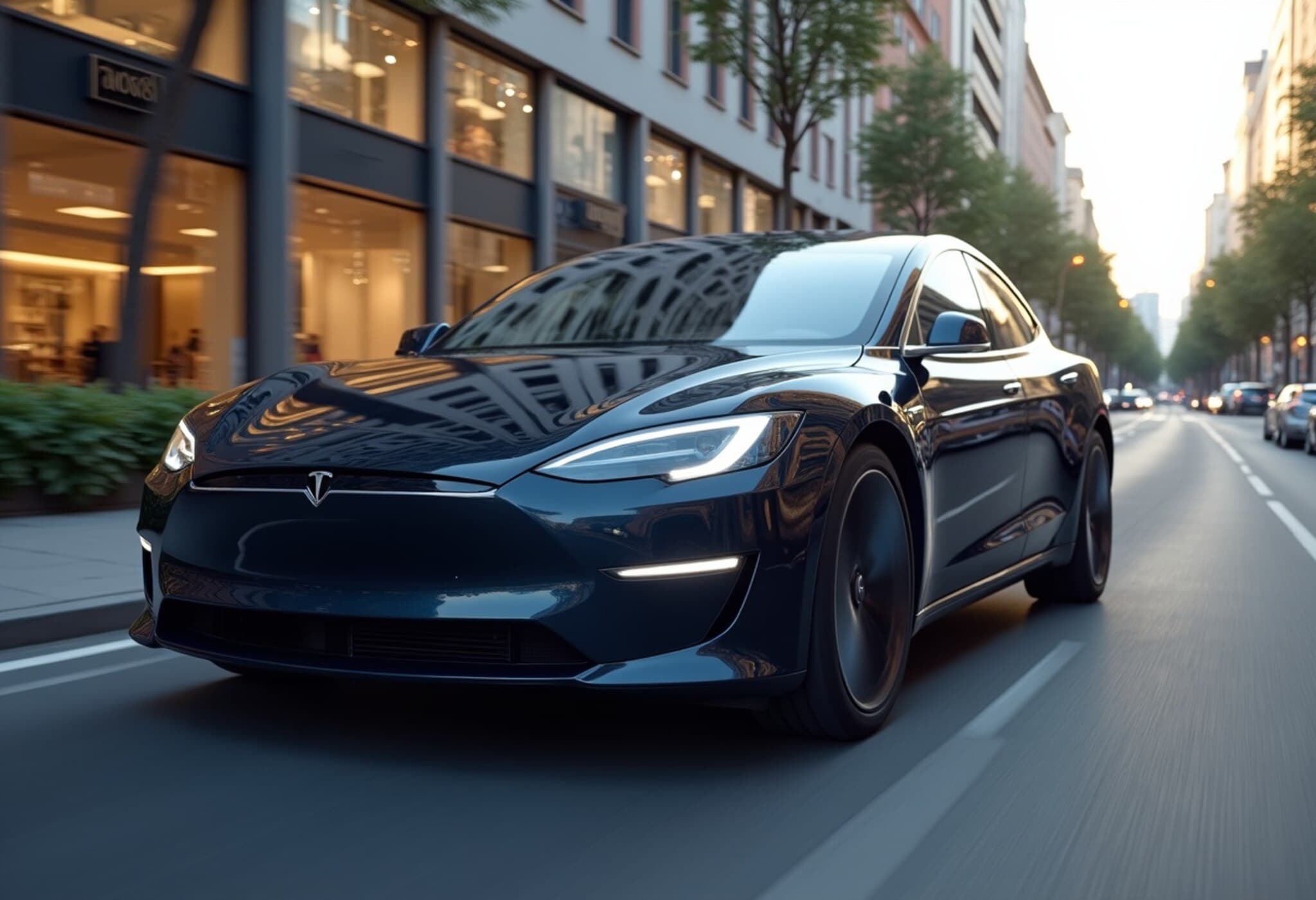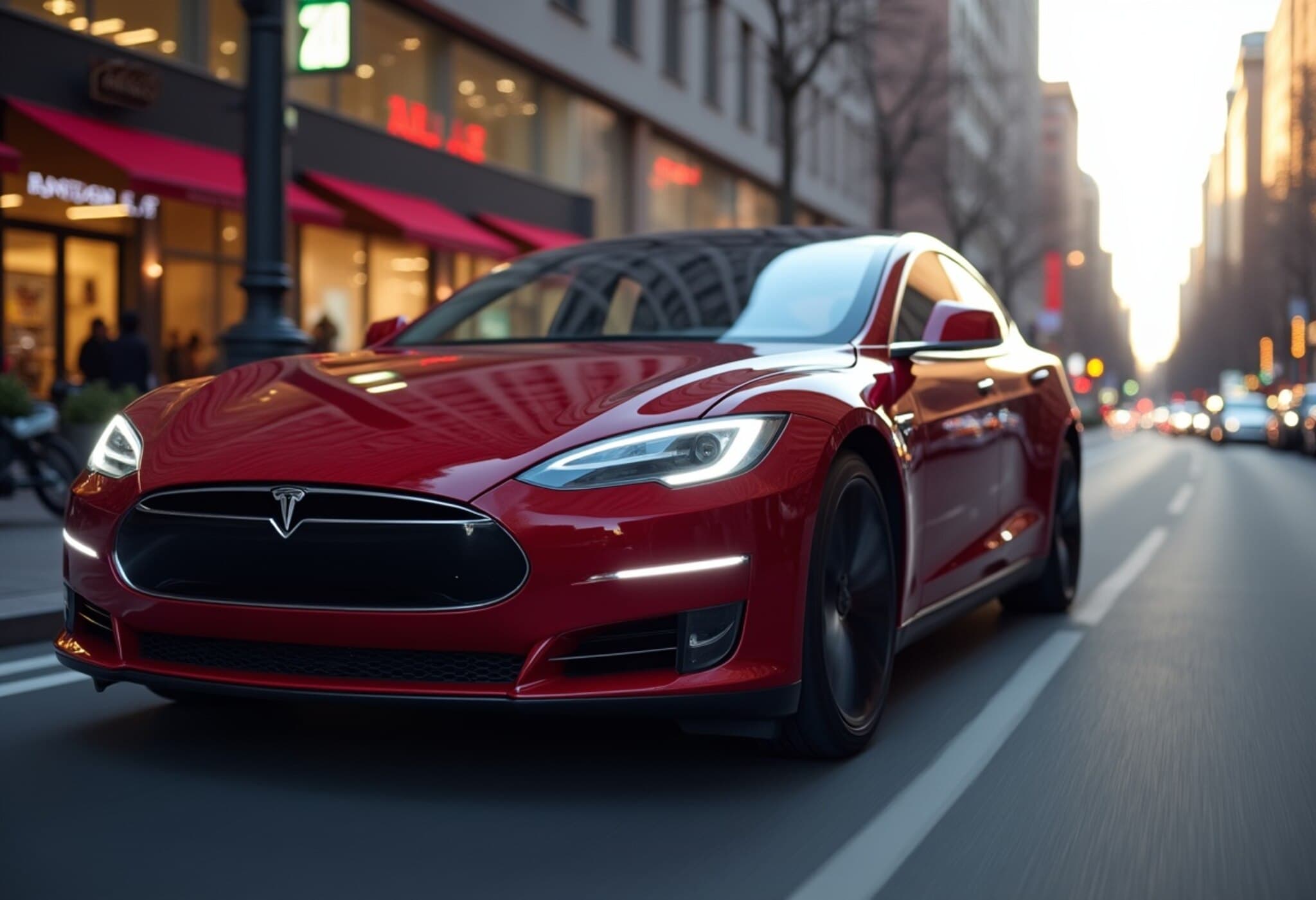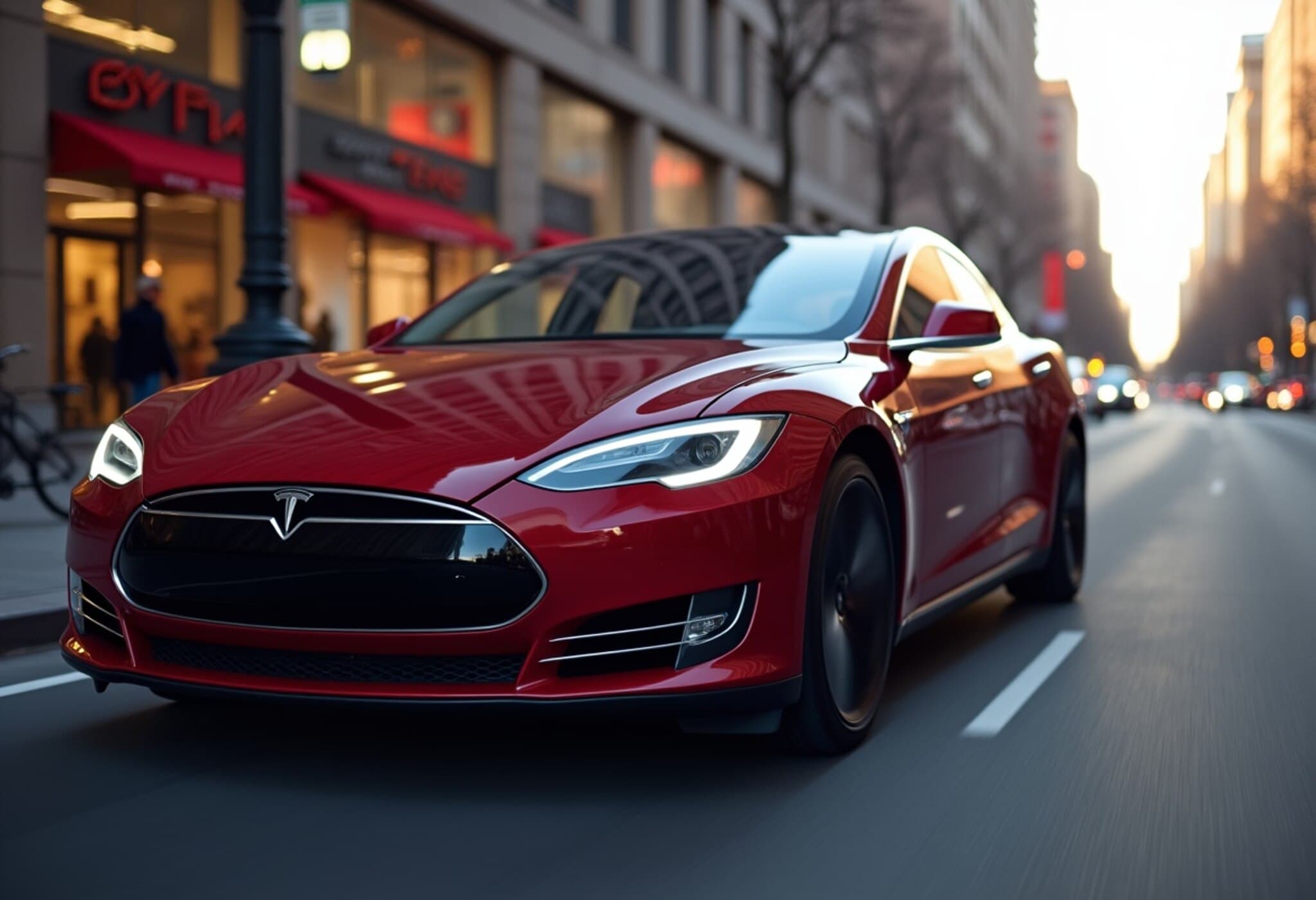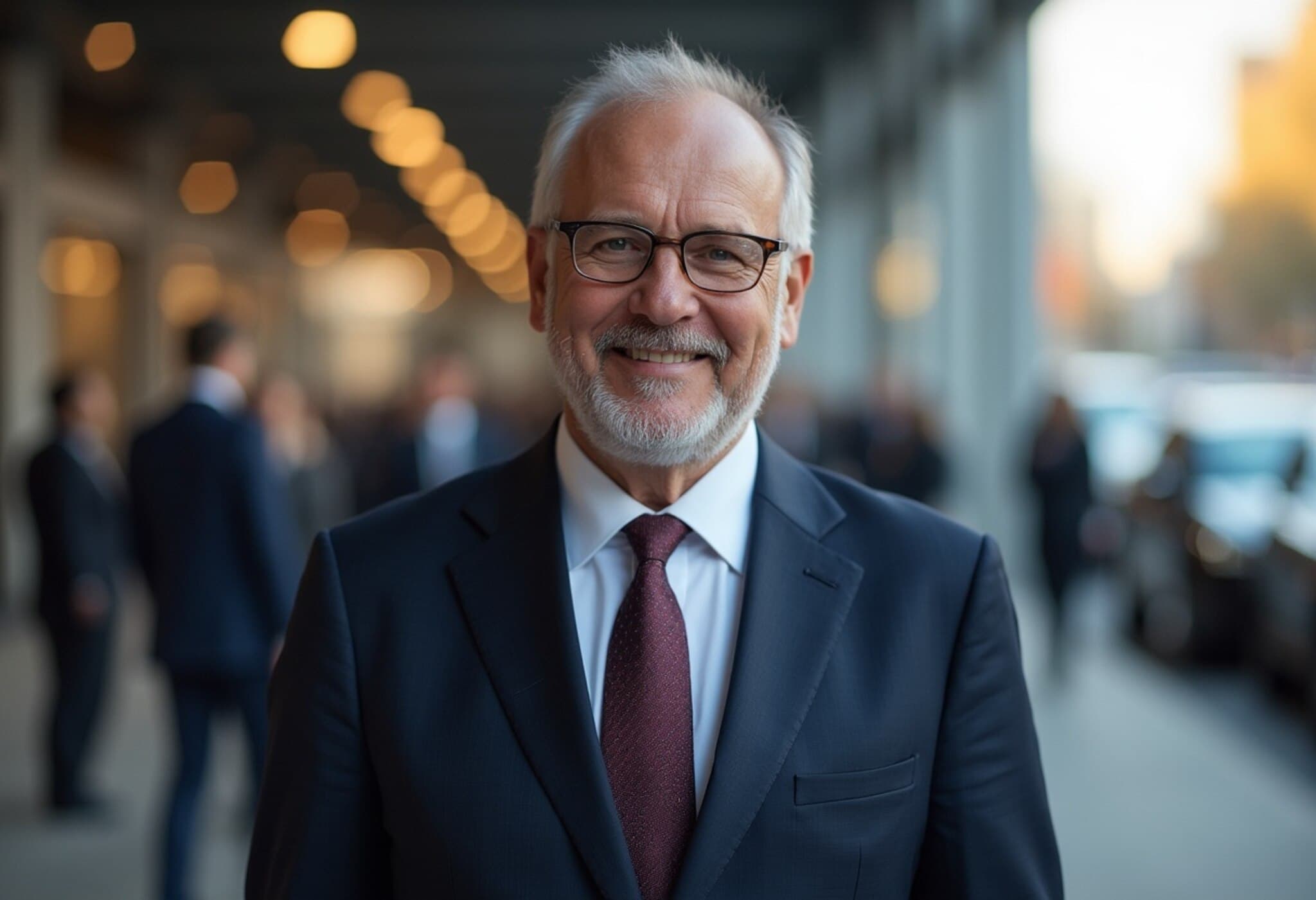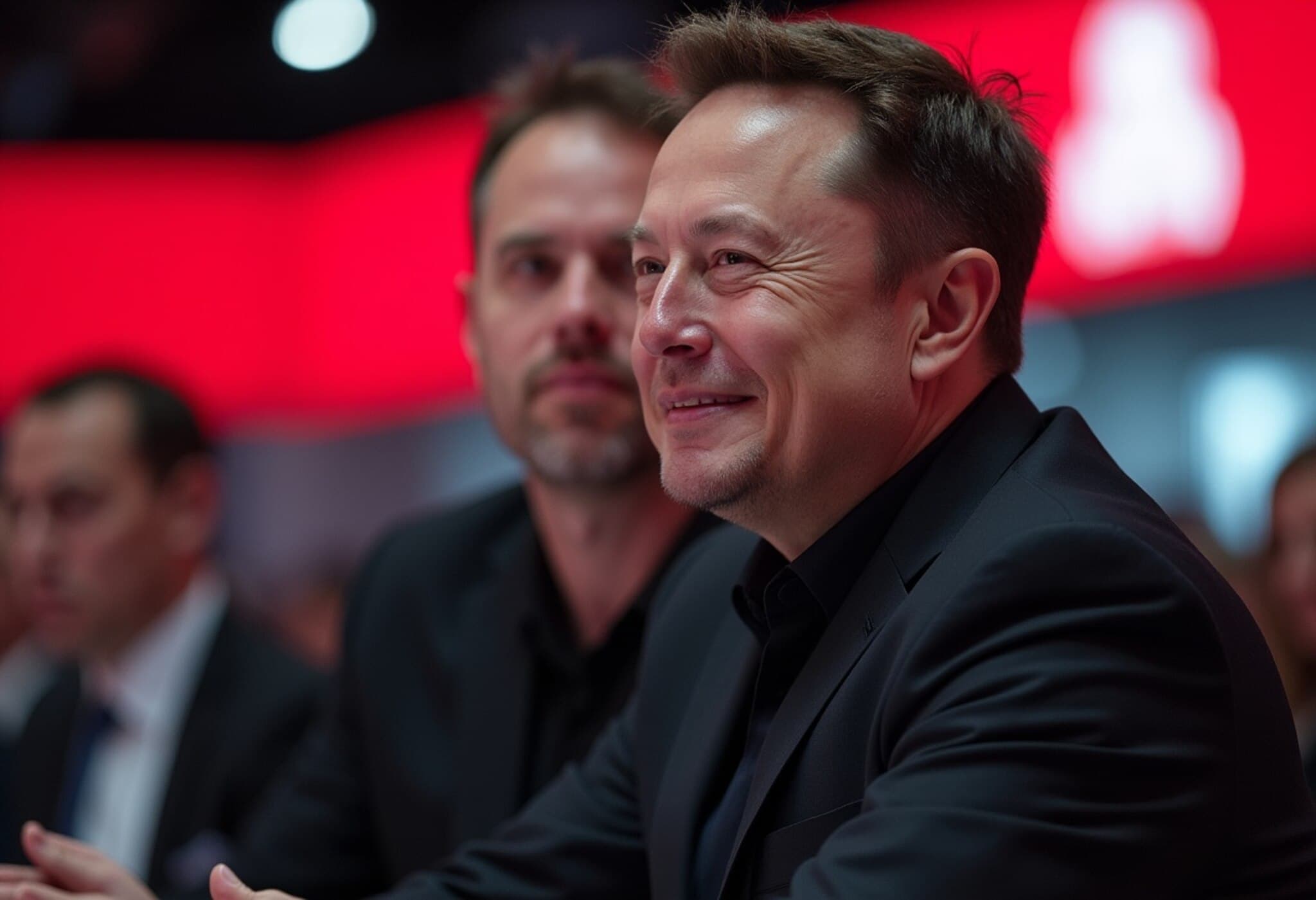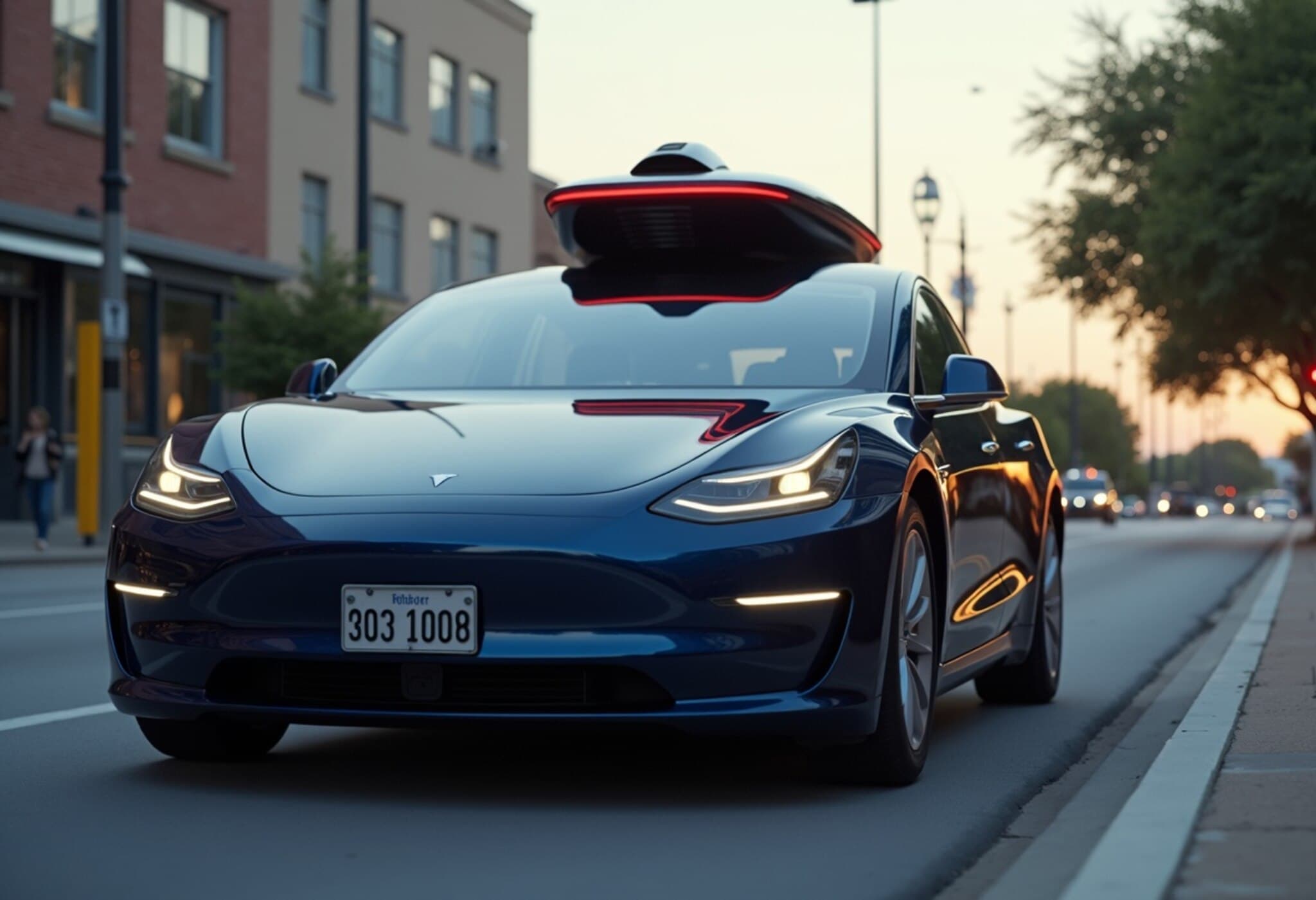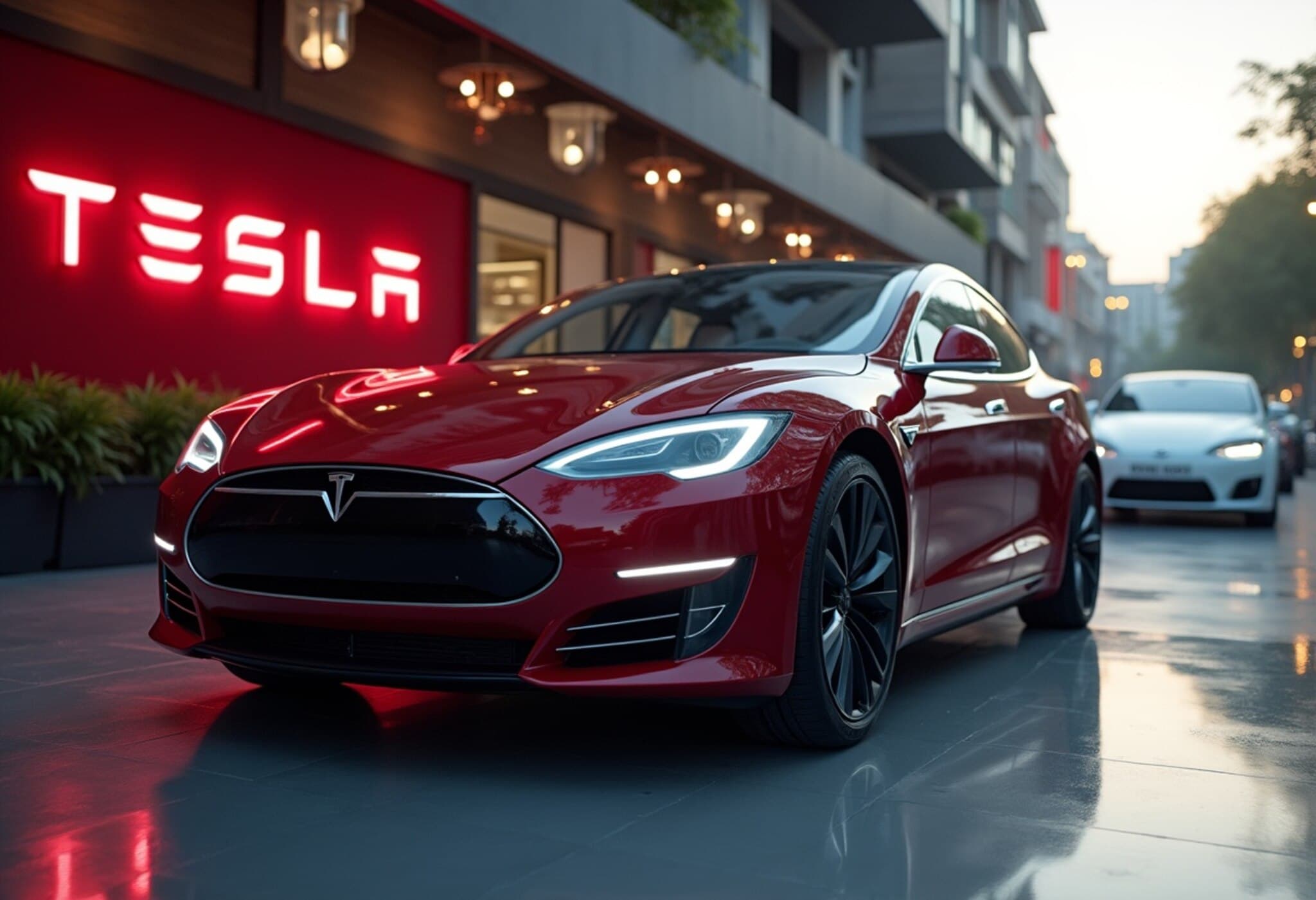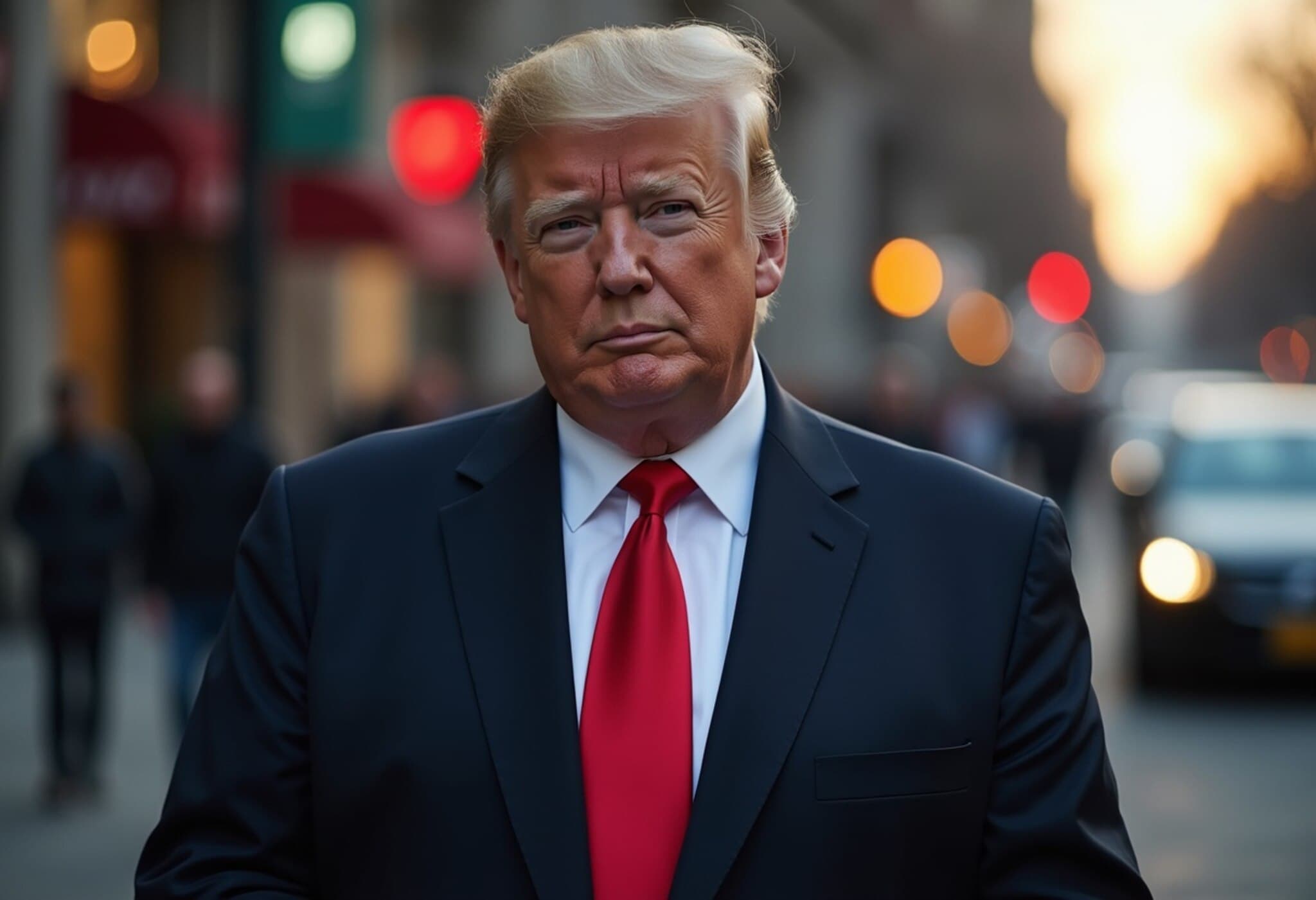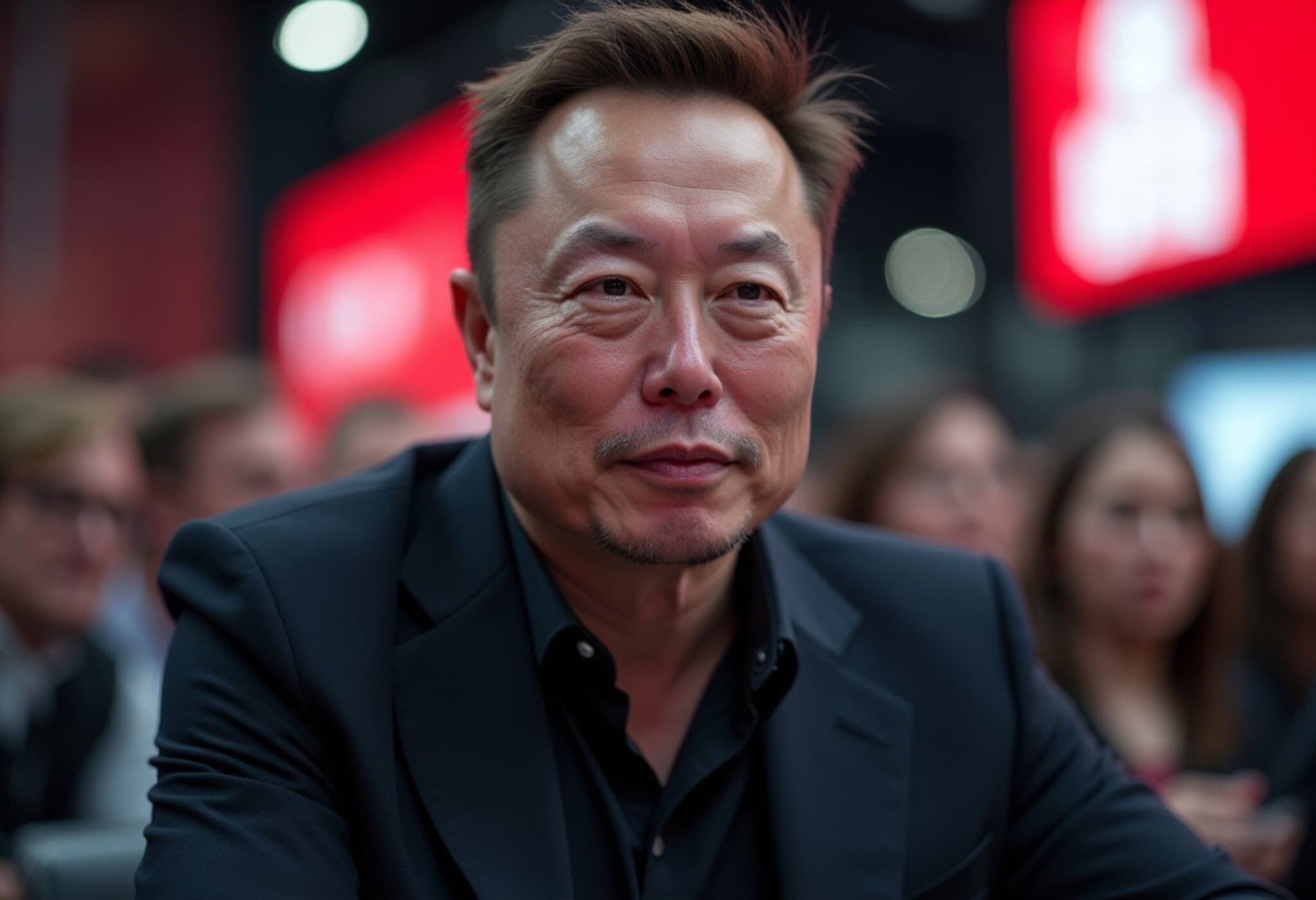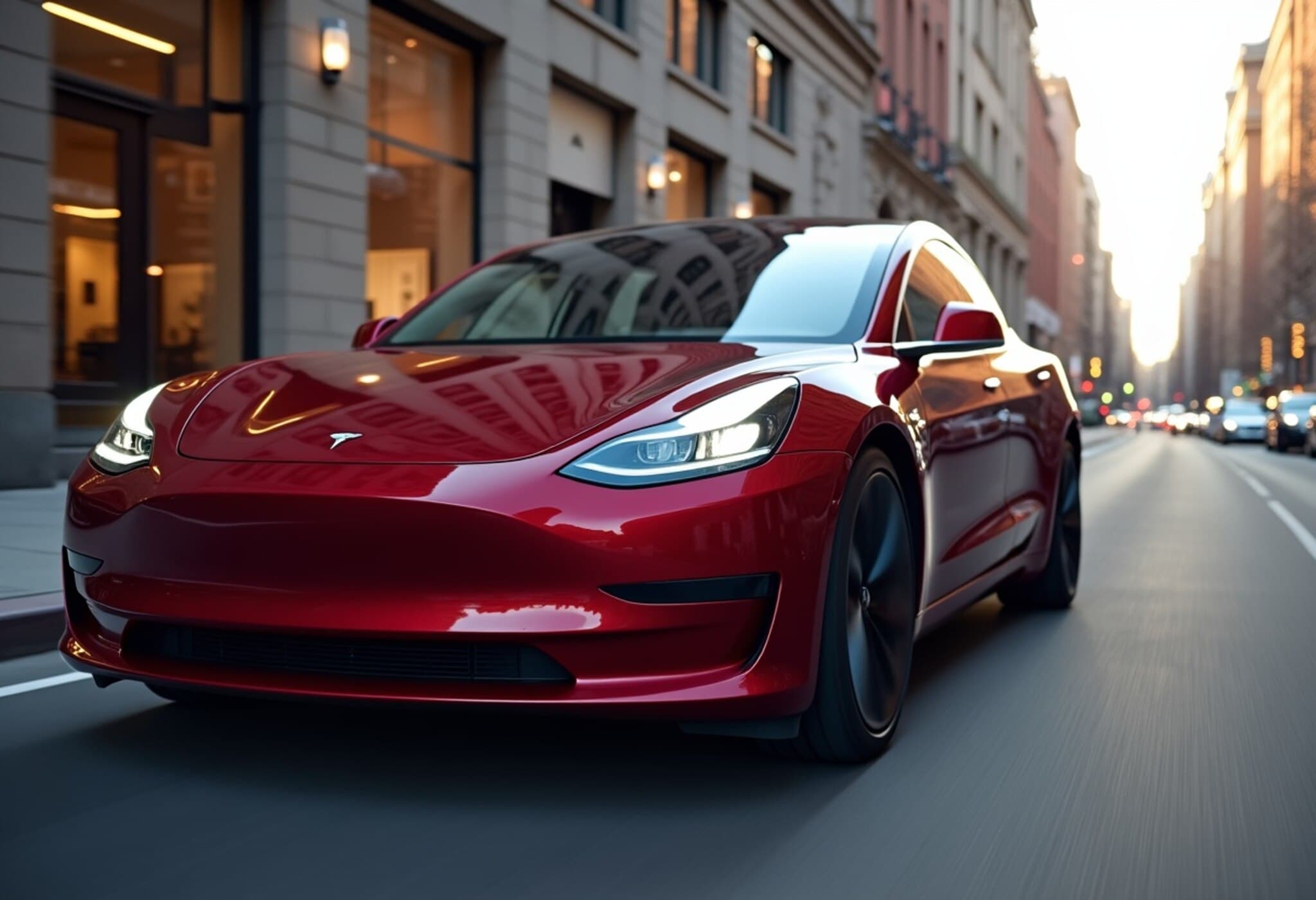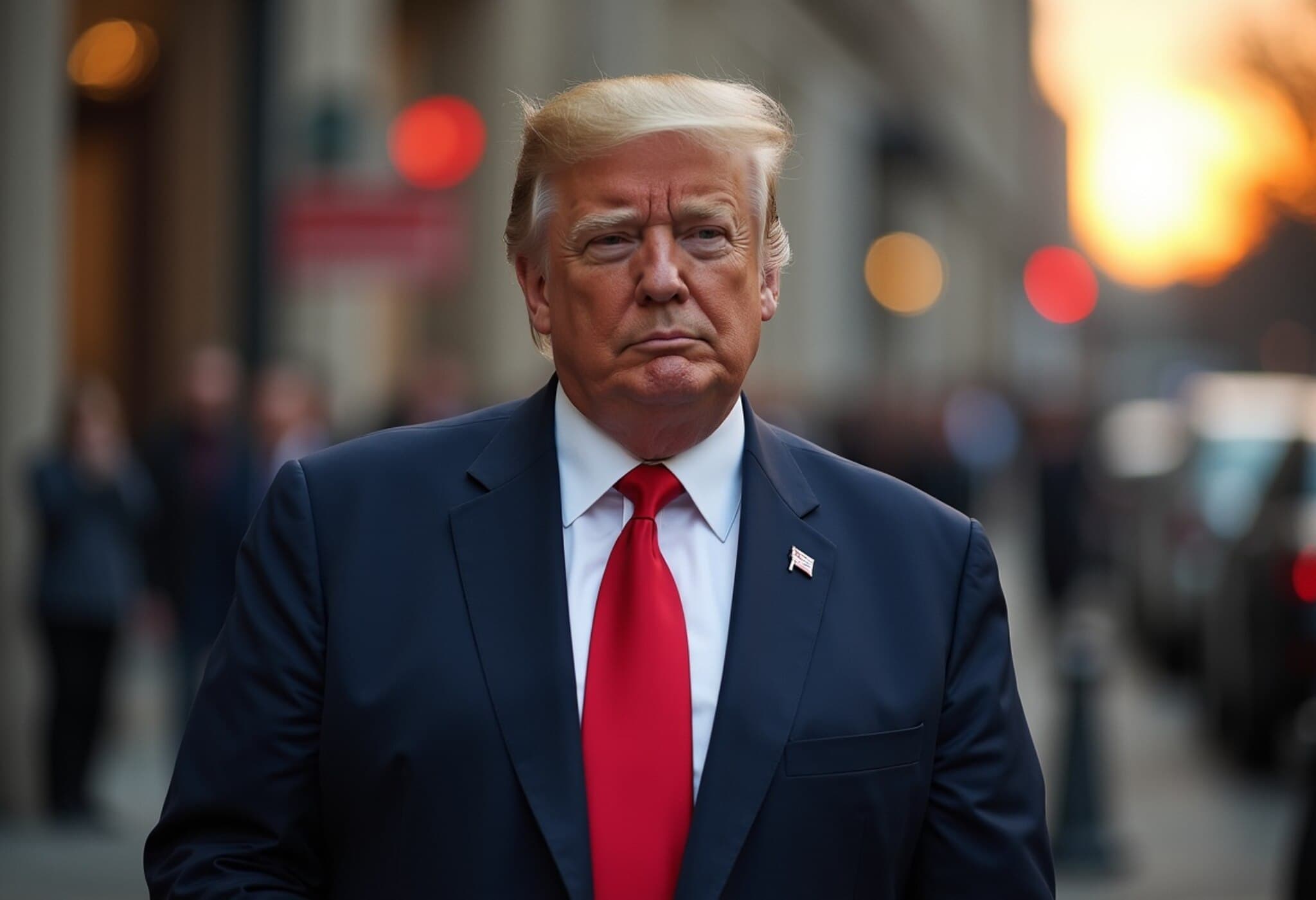Tesla Overhauls Manufacturing Leadership Amid Market Challenges
In a significant leadership change, Elon Musk has dismissed Omead Afshar, Tesla's vice president of manufacturing and operations. Afshar's exit comes amid a downturn in Tesla's car sales across several crucial markets this year.
Afshar’s Role and Departure
Reporting directly to Musk, Afshar was a key figure overseeing Tesla's manufacturing division, leading a team comprising more than six senior executives. His group included notable leaders such as Troy Jones, Tesla's North American sales VP, Joe Ward, head of Europe, Middle East, and Africa sales, and Karen Steakley, who now steers business development and policy efforts.
The departure was confirmed following internal organizational reviews, though Tesla representatives and board members have yet to comment publicly.
Background and Previous Investigations
Afshar's tenure at Tesla included a controversial investigation back in 2022 related to procurement practices, involving orders of scarce construction materials for one of Musk's confidential projects. After a stint at SpaceX, Musk’s aerospace venture, he returned to Tesla, eventually stepping into the VP role.
Despite his termination, Afshar's public social media profiles still list him as a Tesla executive; just this week he praised Musk for the rollout of Tesla's pilot Robotaxi service in Austin, Texas.
Wider Leadership Changes and Market Pressures
Afshar's firing comes shortly after the resignation of another key figure, the former head of Tesla's Optimus humanoid robotics program, who left to prioritize family commitments. Musk acknowledged his contributions publicly.
Tesla’s stock performance has struggled this year, plunging by 19%, significantly underperforming both the Nasdaq and peer tech giants. European automotive sales highlight this pressure, with new Tesla vehicle sales in Europe declining for the fifth consecutive month through May.
Contextual Challenges Facing Tesla
Beyond sales and leadership, Tesla contends with brand and reputational challenges linked to Musk’s polarizing political engagements. Over the past year, Musk invested nearly $300 million to support a U.S. presidential reelection campaign while simultaneously advocating for cuts to federal agencies. Additionally, Musk’s public endorsement of Germany’s far-right AfD party has stirred controversy and possibly impacted the company’s global perception.
Looking Ahead
As Tesla navigates these leadership shifts and intensifying market hurdles, all eyes remain on how the company will stabilize manufacturing operations and regain momentum in vehicle sales. The changes underline the complexities of managing growth amid evolving strategic priorities and external pressures.


